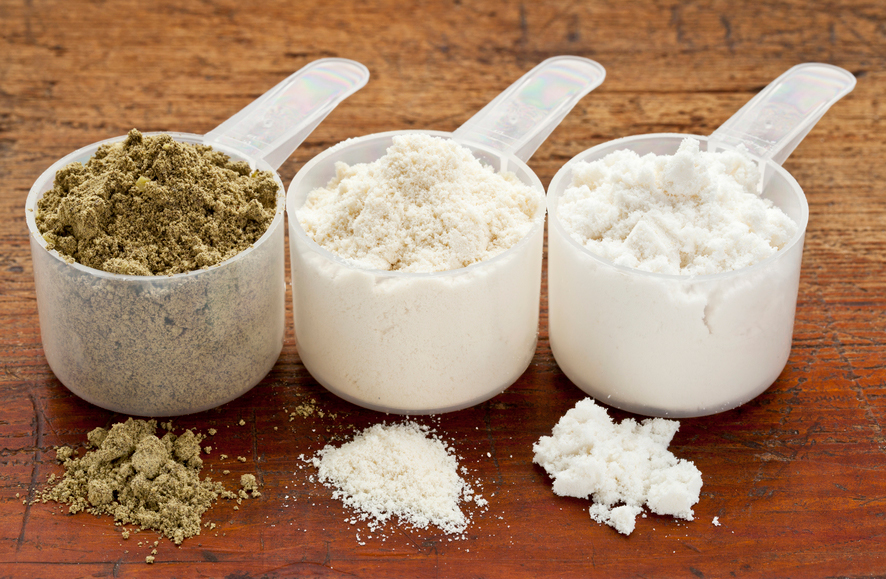Protein is an essential part of your daily diet before and after surgery. Protein helps build and repair body tissues, aids in hunger control, and promotes fat metabolism. Your immune system also needs protein to do its job. As a bariatric surgery patient, your diet will change after surgery, and understanding how protein works is key to your weight loss success.
If you are wondering how much protein you should get, here are some helpful guidelines. Of course, no two situations are alike. Diets may change between clients and differences in bariatric surgery may also alter diets. But no matter if it’s a gastric sleeve surgery or a duodenal switch, there are similarities in diets.
For example, every surgical procedure requires only clear liquid the day before surgery and a liquid diet of hydrating fluids, electrolytes, and protein supplements for two weeks after surgery. This allows the body to adjust to less food intake, heal properly, and allows the patient to lose weight almost immediately.
It’s important to stay hydrated during this time, so clients are advised to sip – not gulp – at least 96 ounces of water or other hydrating fluids daily. Half of the daily fluid intake, 48 ounces, should be electrolyte drinks. In the weeks that follow, the post-op diet will slowly integrate real food. High-protein, low sugar, and low-fat foods that are baked, not fried, are all you will eat in the following months.
At this point, diet is about portion control and slow eating. Your body can’t handle what it once could. However, it should be used to your new diet and the cravings that once dominated will disappear for the most part. Who doesn’t crave a girl scout cookie once in a while?
Gastric Sleeve Diet: How much Should You Eat?
WeightWise places more emphasis on choosing quality foods versus focusing on a specific amount of protein. You will need to remember that your capacity to take in food has changed drastically since surgery. So, you will need to get protein in smaller doses.
In the first two weeks, the protein will come from using high quality, low carbohydrate liquid protein supplements. After two weeks, the focus will be practicing good eating behaviors by taking small bites and chewing well. This will ensure the right amount of protein is consumed comfortably.
Recommended protein sources:
Protein comes in many forms. Whey or soy-based powders, liquids, and gels are just some of the ways you can get some protein. Whey protein is often the easiest for bariatric patients to digest. Protein is also readily found in meats, fish, cheeses, yogurt, and beans. Your doctor and dietitian will talk to you about what foods are best, based on your dietary preferences.
While you are factoring in how much protein you need, it’s also a good idea to look at your carbohydrate intake, too. Lowering your carb intake and increasing your protein intake is one of the best combinations to help you burn fat and help with sustained weight loss. The result: a new lifestyle and a new body.
There’s One More Step
Bariatric surgery and diet will go a long way to see the pounds drop off and stay off. But to reach the full potential of the procedure, clients need to incorporate physical activity. Every client will be assigned an exercise physiologist that will outline physical activity for the days, weeks, and months that follow.
Designed to increase stamina, flexibility, and strength, workout plans will have achievable goals while still causing clients to sweat a little bit. As the weight comes off and the body becomes stronger, these workouts will increase. It doesn’t take long for patients to feel as good as they did years earlier.
For many bariatric surgery patients, their new lifestyle requires significant changes to their diet. This will take some patience and ongoing support from your medical team, in addition to friends and family who want to see you succeed.
If you have questions about undergoing bariatric surgery and what dietary changes need to be made after that, our team at WeightWise will help. We also suggest watching our free online seminar to give you an idea of why our program is so successful.

